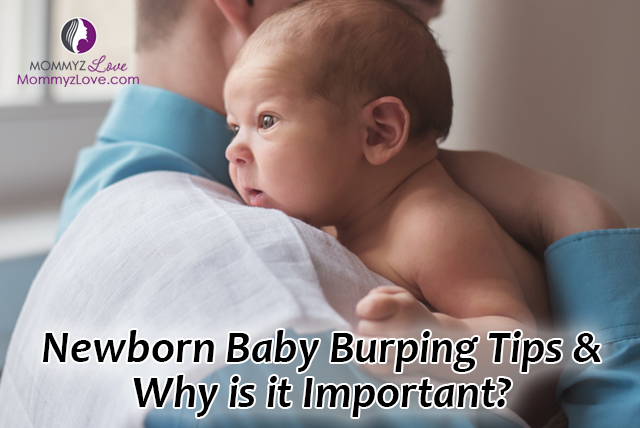

However, you should still call as soon as you have a positive home pregnancy test so you can speak with one of our nurses to determine if you need to be seen sooner.)Īt your first visit, your doctor will give you a full exam and will also ask a series of screening questions to determine the best prenatal plan for you and your baby.

(Due to the COVID-19 pandemic, the first visit is being done around 9 to 12 weeks to minimize visits at the clinic. Typically, your first visit will be scheduled sometime during your second month, between week 6 and week 8. To avoid the chance of a false negative, it’s best to wait until after the first day of your missed period, so the HCG has a chance to build up in the urine.Ĭontact your doctor's office as soon as you've confirmed your pregnancy.

Once the fertilized egg attaches to the uterus, formation of the placenta begins, producing HCG, which can be detected in the bloodstream and urine. Pregnancy tests work by confirming the presence of human chorionic gonadotropin (HCG) in the body. If you’ve experienced more than one of these symptoms and suspect you may be pregnant, it’s important to take a pregnancy test right away. Again, due to hormone changes, many women experience a heightened sense of smell and taste in early pregnancy that may create aversions to certain foods or odors. Hormonal changes may also cause nasal congestion, which can lead to sinus headaches. Brought on by stress, fatigue, and an increase in blood volume, headaches are a common symptom during the first trimester of pregnancy. An increase in progesterone can cause changes to the digestive system which lead to abdominal bloating, gas, and constipation. Mood swings are also common during this time. If you’re feeling unusually emotional or weepy, it may be a result of the tidal wave of hormones your body is experiencing. This leads to more urine production causing a need for more frequent visits to the bathroom.

The amount of blood in your body increases during pregnancy, causing the kidneys to process extra fluid. Once the placenta is fully formed by the end of the first trimester (14 weeks gestation), you should start to get some of your energy back. Another common sign of early pregnancy is extreme fatigue. While some women experience it and others don't, it often begins about one month into the pregnancy. "Morning sickness" is a bit a misnomer when it comes to pregnancy, since nausea or vomiting can occur any time of the day or night. This is one of the most common signs of pregnancy and is due to rapid changes in hormones after conception. You may experience sore or tender breasts as early as 1-2 weeks after conception. You may also notice a white, milky discharge during this same timeframe, which results from an increase in the growth of cells that line the vaginal walls. When the fertilized egg attaches itself to the uterine wall (about 6-12 days after conception, you may experience light bleeding or cramping that is often mistaken for menstrual cramps. While this might seem obvious, a missed period is often overlooked due to an irregular menstrual cycle or simple oversight. It’s important to recognize some of the early signs of pregnancy and be aware of important next steps to ensure a healthy pregnancy and delivery for you and your baby. While we wait for the statistics to play out on that theory, one thing remains certain: Time marches on, and so do the new arrivals. may experience a bit of a COVID-induced baby boom in another nine months or so. There's been some speculation amidst all this "staying at home" that the U.S.


 0 kommentar(er)
0 kommentar(er)
